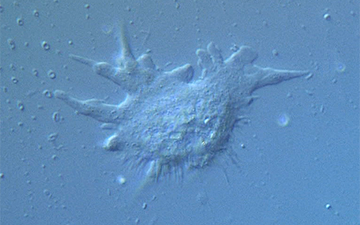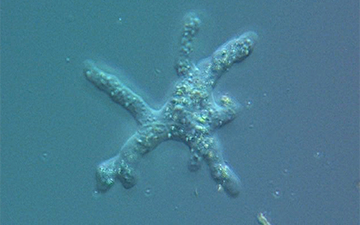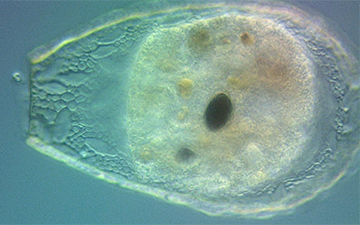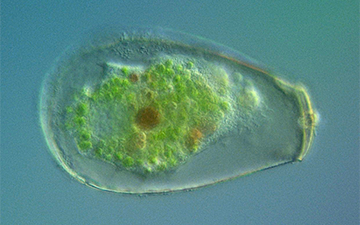Tubulinea

Rhizamoeba
Amoeba genus


Sorry, there is no photo available. If you have one, please submit
here
.
4 POINTS
Play: Rhizamoeba has a MOVE of 2, and is considered an HETEROTROPH.
Fact: Amoebas are often defined as unicellular organisms with no defined shape.
cool, warm
Graphic by Keeling Labwww3.botany.ubc.ca/keeling/
Rhizamoeba is an Amoebozoa genus.[1][2] (From: Wikipedia, July 2015) read more

Polychaos
Polychaos genus


Sorry, there is no photo available. If you have one, please submit
here
.
4 POINTS
Play: Polychaos has a MOVE of 2, and is considered an HETEROTROPH.
Fact: Polychaos are often defined as unicellular organisms with no defined shape.
cool, warm
Graphic by Keeling Labwww3.botany.ubc.ca/keeling/
Polychaos is an amoeboid genus in the Amoebozoa group.[2] Several characters unite the species in this genus. The pseudopods meld at their bases when the organism is moving, and have dorsal, longitudinal ridges. The nucleus is oval or ellipsoid.[3] (From: Wikipedia, July 2015) read more

Nebela
Nebela genus


Sorry, there is no photo available. If you have one, please submit
here
.
7 POINTS
Play: Nebela has a MOVE of 1, and is considered an EUKARYTROPH
Fact: Nebela are often found living on mosses and humus rich soils. They can be as small as 30um but also reach up to sizes of 380um.
cool, warm
Graphic by Keeling Labwww3.botany.ubc.ca/keeling/

Hyalosphenia
Amoeba genus


Sorry, there is no photo available. If you have one, please submit
here
.
4 POINTS
Play: Hyalosphenia has a MOVE of 1,and is considered a HETEROTROPH.
Fact: Hyalosphenia is a testate amoeba that has photosynthetic symbionts (the green particles-chlorella)
cool, warm
Graphic by Keeling Labwww3.botany.ubc.ca/keeling/